...worked in Bangladesh where she delivered medical care in a camp for the impoverished Rohingya refugees, ...who fled across that country's border to escape brutal violence and persecution in their homeland, the Rakhine State of Myanmar (see post from 1/3/2018, "On Her Way To Bangladesh").
...and within half a year over one and a quarter million refugees had poured across Bangladesh's border into Cox's Bazar, where the primary refugee camp, the camp where Claire worked, was set up. Bangladesh is the most densely populated country on the planet. It's a third-world country rife with social problems and battling wide-spread poverty among its own population. And yet in 2017 Bangladesh Prime Minister Sheikh Hasina said, referring to the Rohingya refugees, “Bangladesh is not a rich country ... but if we can feed 160 million people, another 500 or 700,000 people, we can do it.” By the time Claire arrived at Cox's Bazar the number of refugees there was closer to a million. From the window of her medical clinic she could see the refugees walking a cross the boarder past the soldiers. Claire, here with a Bangladeshi medical colleague, In a few weeks Claire will be leaving again for a refugee camp in Iraqi Kurdistan. Kurdistan is also in the midst of a refugee crisis as in recent years over two million Syrians, Christian Iraqis, Iraqi Yazidis - who are of their own ethnicity and religion - and other impoverished displaced foreigners have crossed its border seeking safety and asylum. When Claire first told me that she was going to Iraq I was worried for her safety. However she explained to me that Kurdistan, though technically part of Iraq, is its own autonomous state and is currently accepted as such by the government of Iraq. She likewise assured me that Kurdistan's border with Iraq was strong, secure, and heavily fortified with Kurdish troops. "Well then," I asked, "how are all those refugees getting in across that heavily fortified border?" Claire laughed. "Mom, they're refugees. They come into the country at the port of entry, of course." Of course. I'd forgotten that's how refugees normally enter the country in which they're seeking asylum, and that the right to seek asylum has been international law and the law of humanity since ancient times. Funny how one forgets that living in the U.S. References:
https://www.mercycorps.org/articles/bangladesh/rohingya-refugee-crisis-quick-facts https://www.aljazeera.com/indepth/interactive/2017/09/rohingya-crisis-explained-maps-170910140906580.html https://www.reuters.com/article/US-myanmar-rohingya-bangladesh-trump-exc/exclusive-bangladesh-pm-says-expects-no-help-from-trump-on-refugees-fleeing-myanmar-idUSKCN1BU07C https://thekurdishproject.org/infographics/kurds-and-the-refugee-crisis/ https://en.wikipedia.org/wiki/Right_of_asylum
0 Comments
Leave a Reply. |
"Tropical Depression"
by Patti Liszkay Buy it on Amazon: https://www.amazon.com/dp/B0BTPN7NYY "Equal And Opposite Reactions"
by Patti Liszkay Buy it on Amazon: http://amzn.to/2xvcgRa or from The Book Loft of German Village, Columbus, Ohio Or check it out at the Columbus Metropolitan Library
Archives
July 2024
I am a traveler just visiting this planet and reporting various and sundry observations,
hopefully of interest to my fellow travelers. Categories |
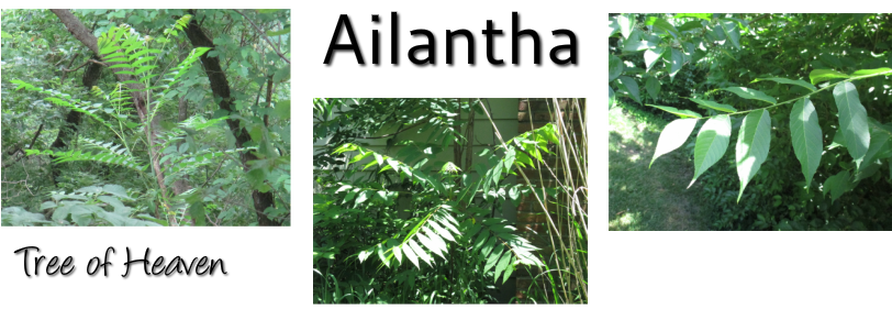
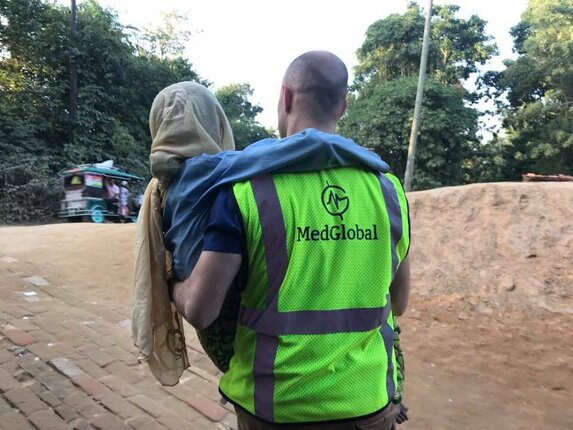
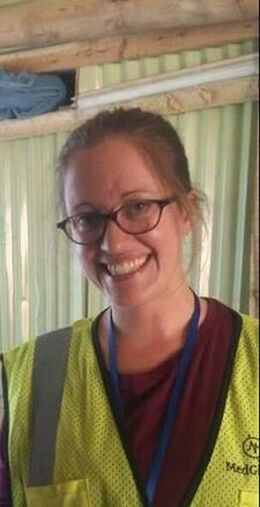
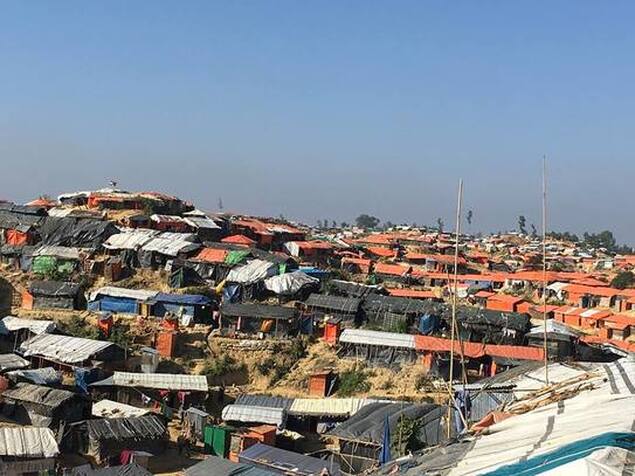
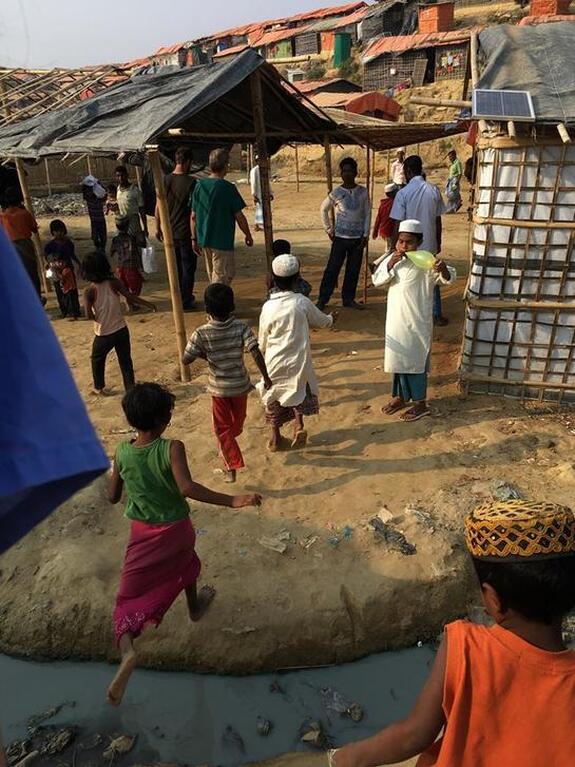
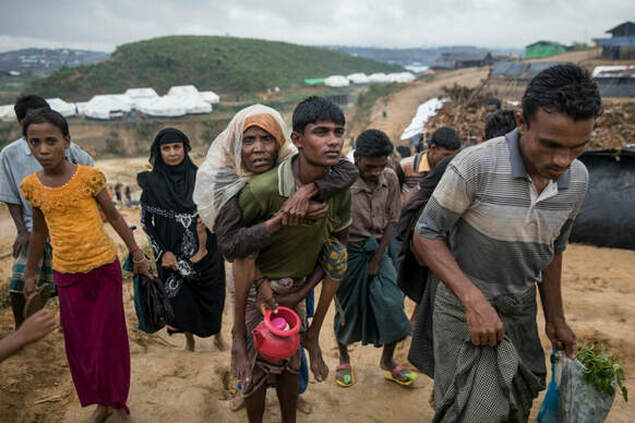
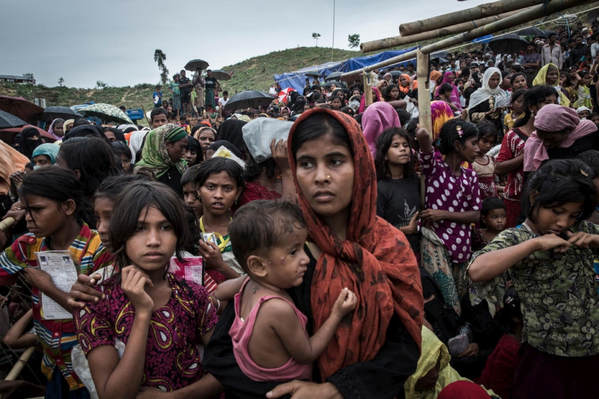
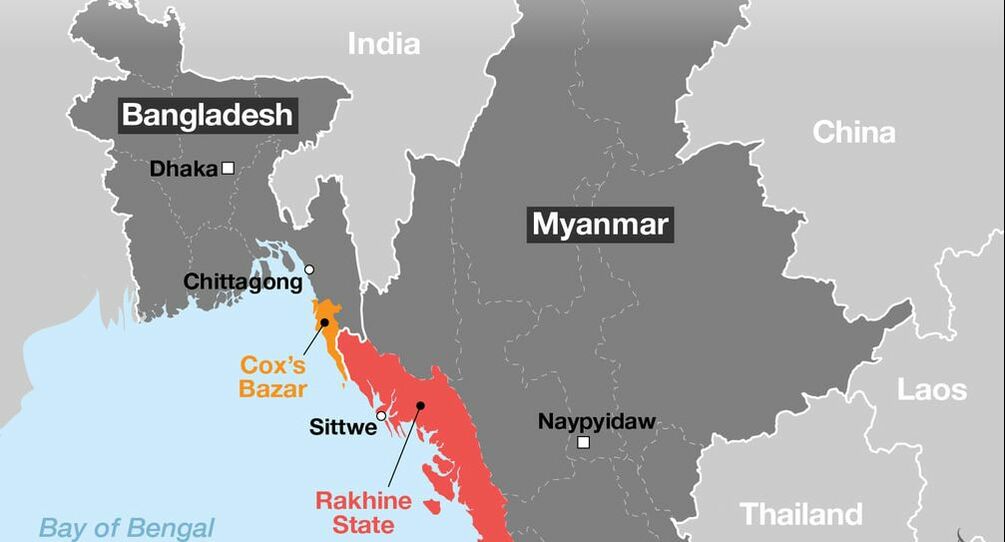
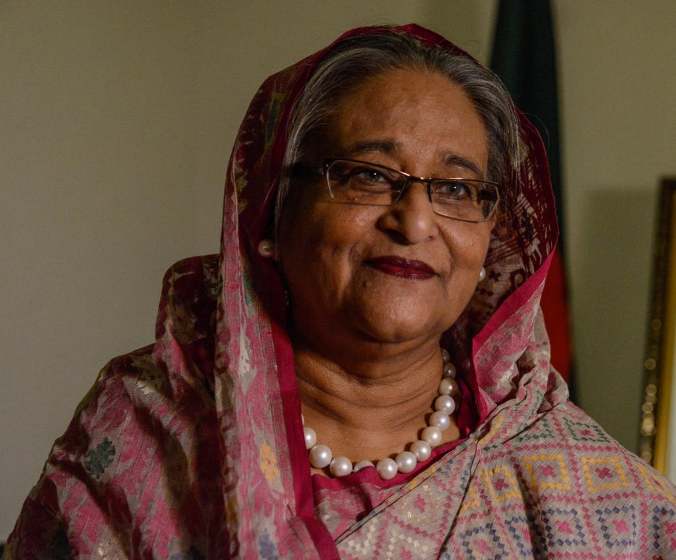
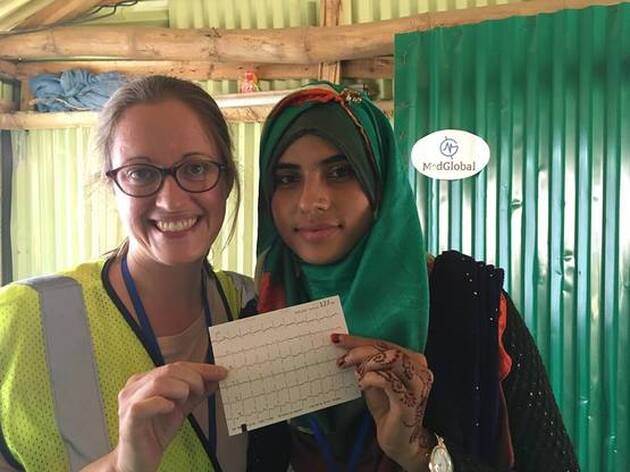
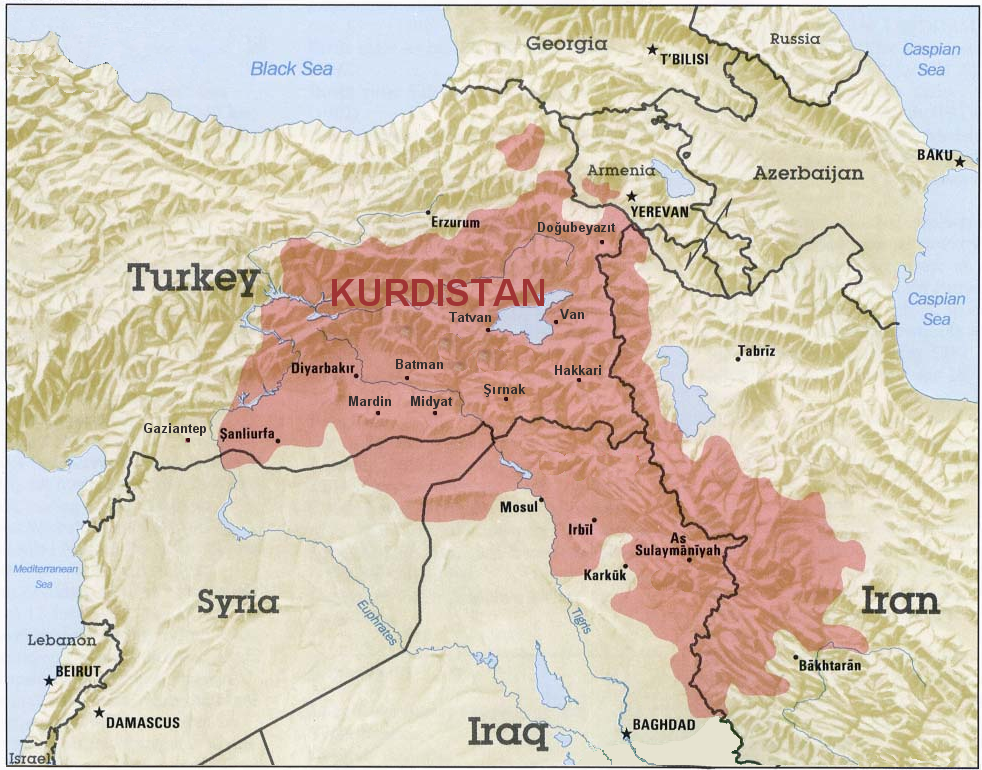
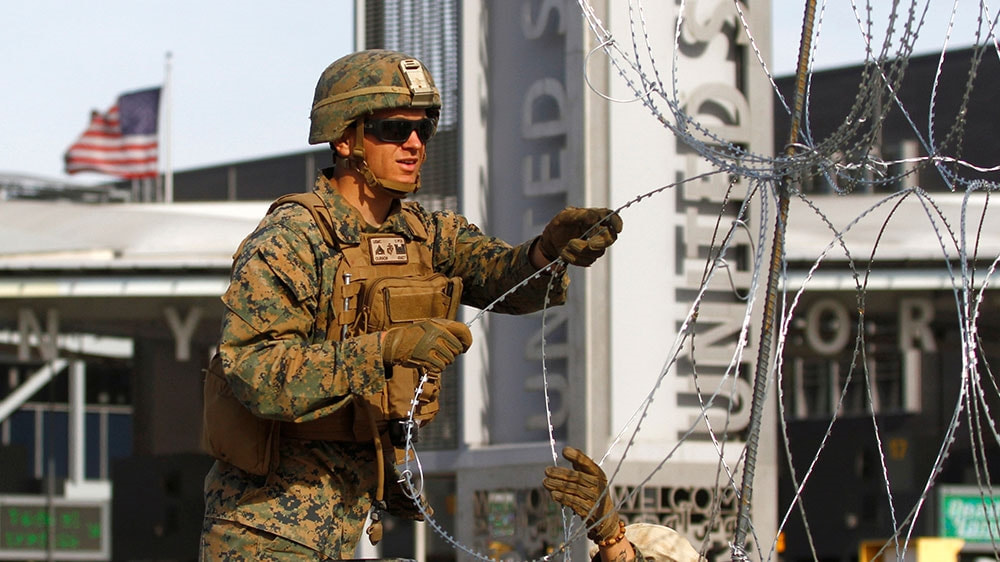
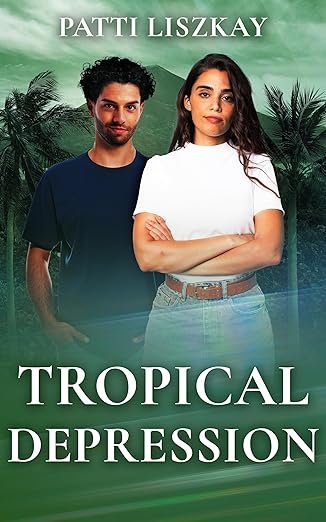

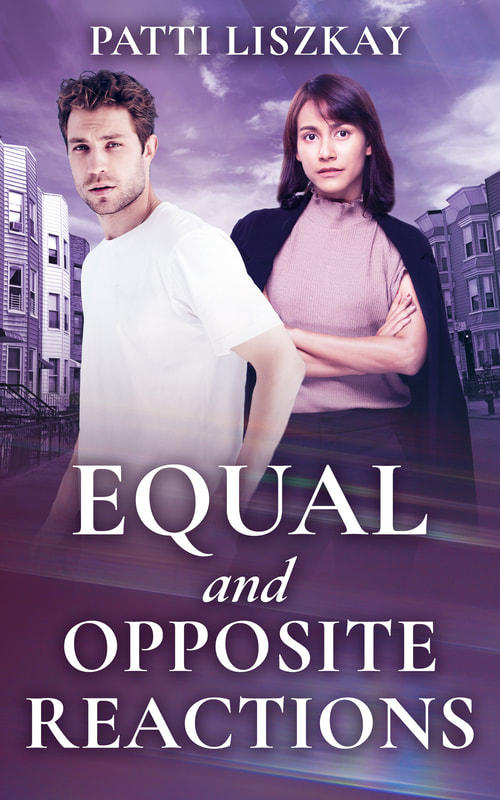
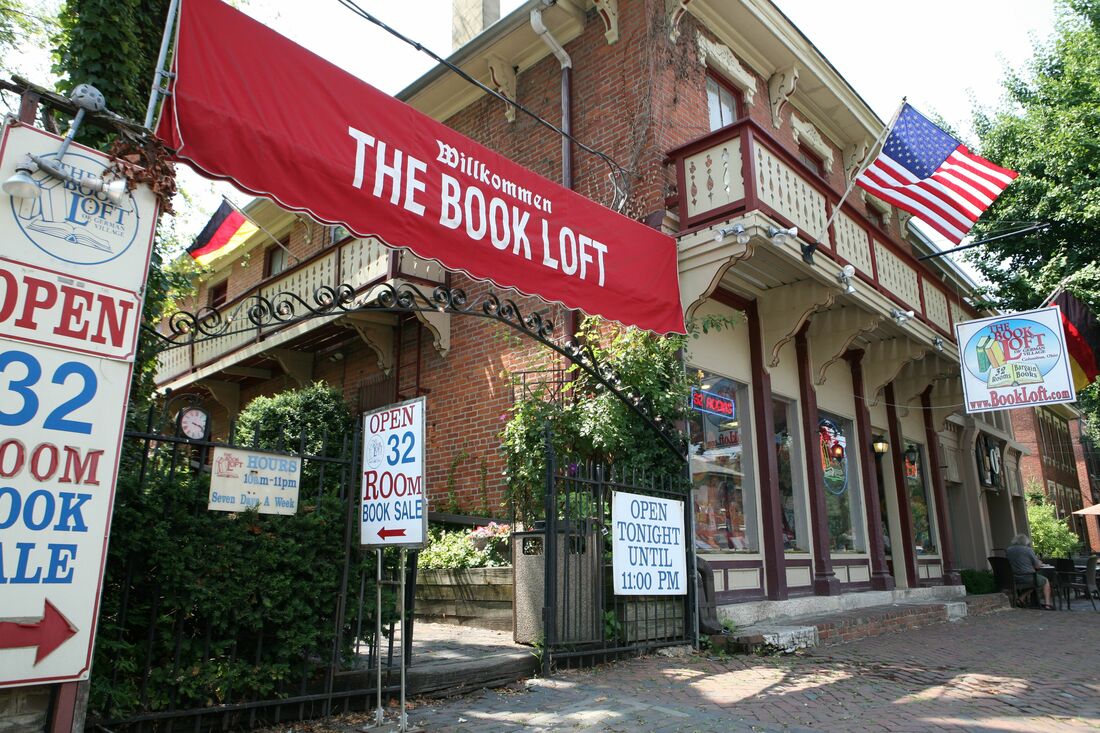
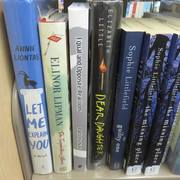
 RSS Feed
RSS Feed